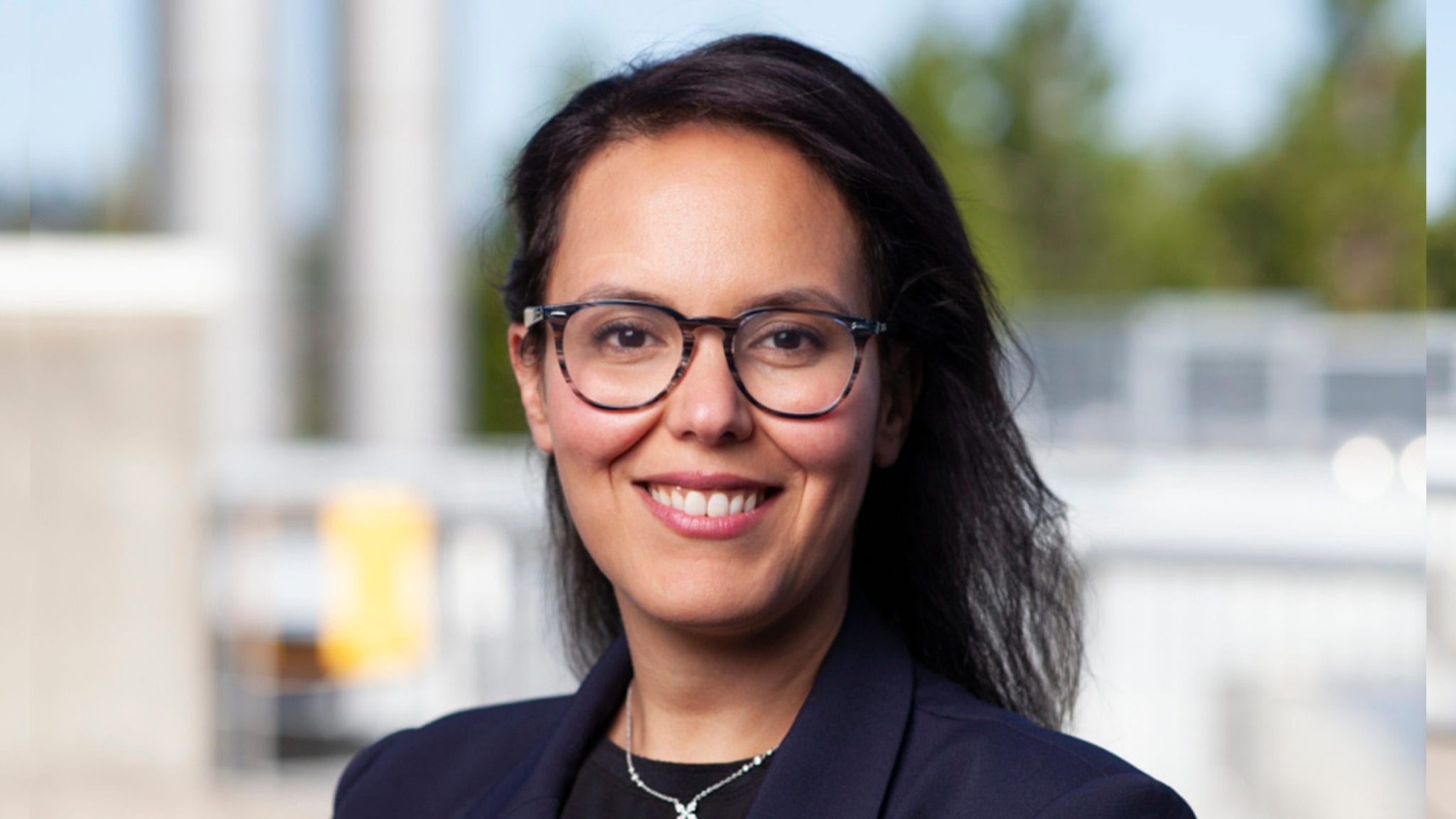
Seattle-based Athira, aiming for tough Alzheimer's and Parkinson's targets, raises $204M for IPO
Following an $85 million Series B round back in June, Athira Pharma is set to become the third biotech in the last three days to go public Friday.
Athira raised $204 million for its IPO after pricing shares at $17 apiece, the high-point of its expected range. Initially pegging $100 million in financing, Athira said it offered 12 million total shares and will trade under the ticker $ATHA.
Now that Athira plans to hit the Nasdaq, there have been more than 50 biotech IPOs this year, more than the total from last year. Combined, the companies have raised more than $11 billion. Over half of those biotechs, including Athira, raised at least $200 million each.
Unlock this article instantly by becoming a free subscriber.
You’ll get access to free articles each month, plus you can customize what newsletters get delivered to your inbox each week, including breaking news.